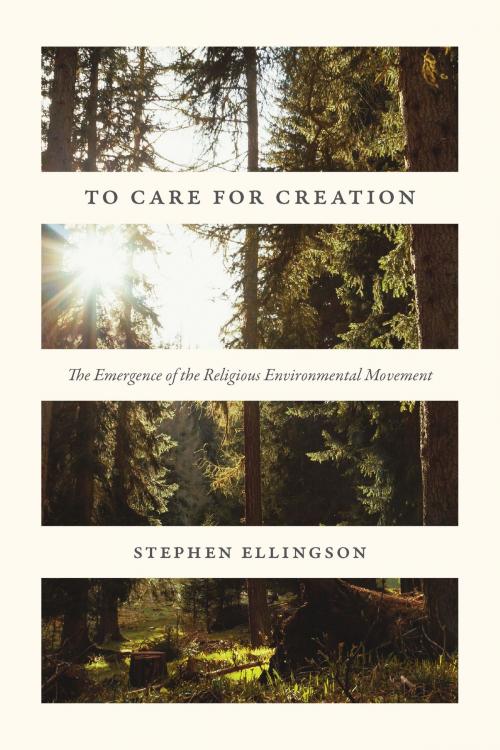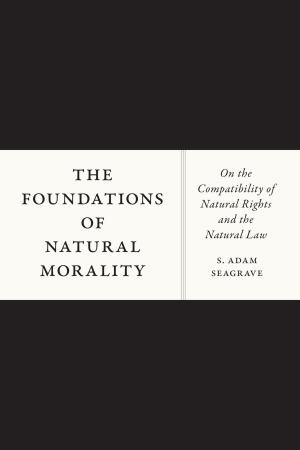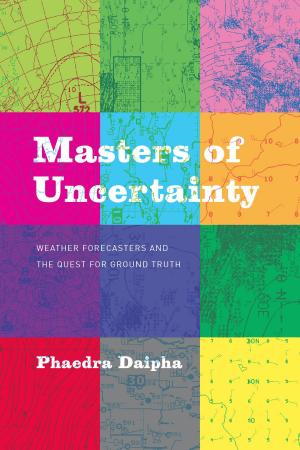To Care for Creation
The Emergence of the Religious Environmental Movement
Nonfiction, Religion & Spirituality, Christianity, Church, Church & State, Social & Cultural Studies, Social Science, Sociology| Author: | Stephen Ellingson | ISBN: | 9780226367415 |
| Publisher: | University of Chicago Press | Publication: | August 26, 2016 |
| Imprint: | University of Chicago Press | Language: | English |
| Author: | Stephen Ellingson |
| ISBN: | 9780226367415 |
| Publisher: | University of Chicago Press |
| Publication: | August 26, 2016 |
| Imprint: | University of Chicago Press |
| Language: | English |
Controversial megachurch pastor Mark Driscoll proclaimed from a conference stage in 2013, “I know who made the environment and he’s coming back and going to burn it all up. So yes, I drive an SUV.” The comment, which Driscoll later explained away as a joke, highlights what has been a long history of religious anti-environmentalism. Given how firmly entrenched this sentiment has been, surprising inroads have been made by a new movement with few financial resources, which is deeply committed to promoting green religious traditions and creating a new environmental ethic.
To Care for Creation chronicles this movement and explains how it has emerged despite institutional and cultural barriers, as well as the hurdles posed by logic and practices that set religious environmental organizations apart from the secular movement. Ellingson takes a deep dive into the ways entrepreneurial activists tap into and improvise on a variety of theological, ethical, and symbolic traditions in order to issue a compelling call to arms that mobilizes religious audiences. Drawing on interviews with the leaders of more than sixty of these organizations, Ellingson deftly illustrates how activists borrow and rework resources from various traditions to create new meanings for religion, nature, and the religious person’s duty to the natural world.
Controversial megachurch pastor Mark Driscoll proclaimed from a conference stage in 2013, “I know who made the environment and he’s coming back and going to burn it all up. So yes, I drive an SUV.” The comment, which Driscoll later explained away as a joke, highlights what has been a long history of religious anti-environmentalism. Given how firmly entrenched this sentiment has been, surprising inroads have been made by a new movement with few financial resources, which is deeply committed to promoting green religious traditions and creating a new environmental ethic.
To Care for Creation chronicles this movement and explains how it has emerged despite institutional and cultural barriers, as well as the hurdles posed by logic and practices that set religious environmental organizations apart from the secular movement. Ellingson takes a deep dive into the ways entrepreneurial activists tap into and improvise on a variety of theological, ethical, and symbolic traditions in order to issue a compelling call to arms that mobilizes religious audiences. Drawing on interviews with the leaders of more than sixty of these organizations, Ellingson deftly illustrates how activists borrow and rework resources from various traditions to create new meanings for religion, nature, and the religious person’s duty to the natural world.















